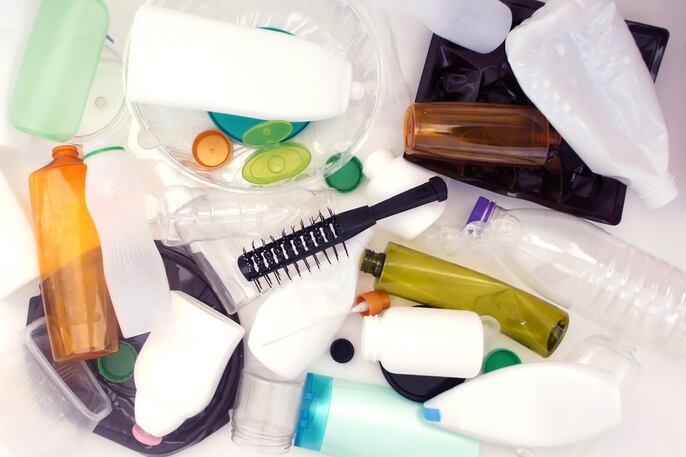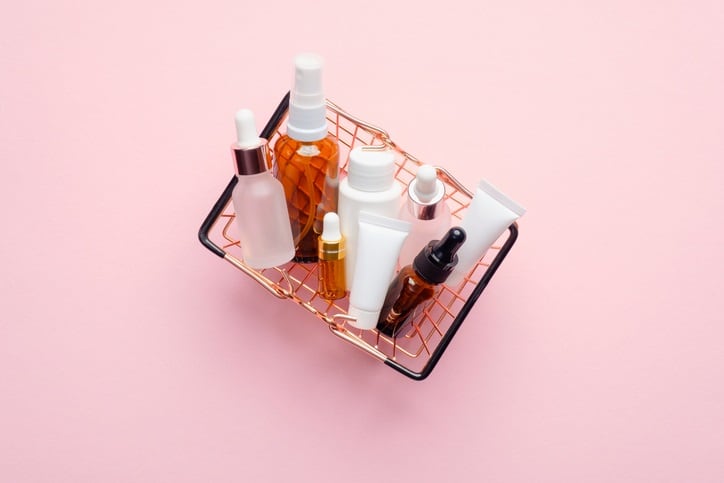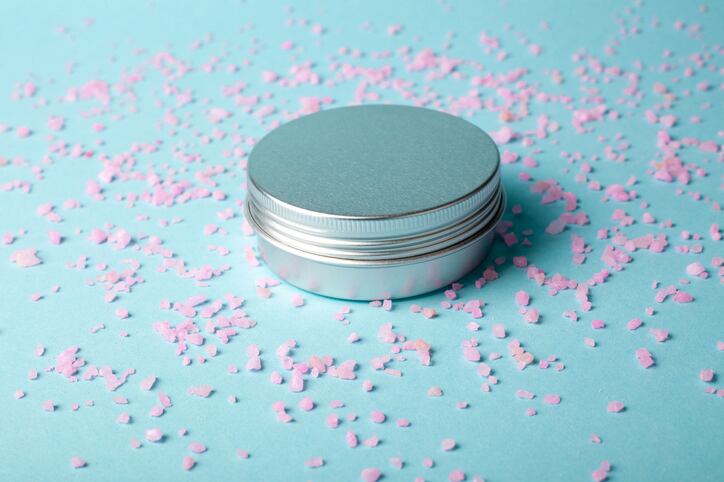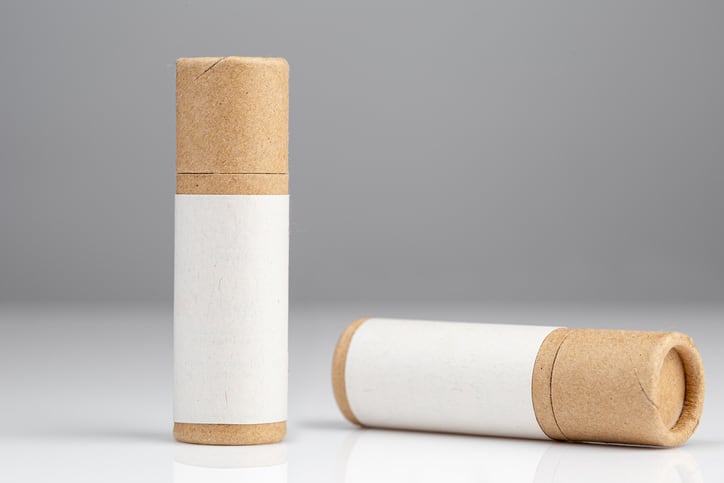According to rePurpose, 91% of plastic waste doesn’t make it to recycling and ends up in the environment. Svanika Balasubramanian, CEO and co-founder of rePurpose Global, told CosmeticsDesign a major contributor to plastic in the environment is where the plastic in the recycling bin ends up.
Balasubramanian said rePurpose found that roughly 75% of plastic recycled in countries like the US, Canada, the UK and Ireland ends up in countries like India, Indonesia and Vietnam.
“These countries, unfortunately, don't have the necessary infrastructure to deal with their own domestic waste, let alone be this one giant garbage dump for the rest of the world,” Balasubramanian said. “That's why we're seeing so much of the waste leaking into nature.”
RePurpose Global acts as a private industry partner to address the end of the plastic recycling supply chain and works with brands to become “plastic neutral” certified. Because plastic is still an important packaging material in CBG, around half of the companies rePurpose works with are personal care brands.
Sustainability through the plastic packaging supply chain
The program uses a carbon-credit system with participating brands. Essentially, if a shampoo brand uses 500 grams of plastic per bottle, to achieve plastic neutrality it must also remove 500 grams of plastic per bottle.
Balasubramanian said rePurpose makes sure all plastic they remove from landfills and the environment for brands is absolutely recycled instead of going back into a dump or being incinerated.
rePurpose facts on personal care plastics
- The beauty industry produces more than 120 billion units of plastic packaging waste every year
- Over 70% of the plastic packaging used by the sector ends up in overflowing landfills
- 95% of this plastic waste is single-use plastic
- Packaging is the leading cause of plastic pollution on the planet
To ensure the program is actually making an impact in the end-destination countries for recyclable plastic, Balasubramanian said rePurpose looks at the existing infrastructure and tries to fill gaps.
For example, more than half of PET plastic is already recycled in India, so they focus their resources on low-value plastics like films and bags. But in countries with lacking PET infrastructure, that is what rePurpose invests in.
On top of decreasing plastic pollution in the environment, Balasubramanian said these measures are intended to decrease the social and health impacts on the global south and developing countries, where charity Tearfund estimates 400,000 to a million people die annually from poor waste management.
Actively measurable sustainability for the personal care industry
While personal care and cosmetic companies often set their own sustainability goals, rePurpose can serve as a structure and sustainability partner that includes third-party accountability.
Balasubramanian said one of the areas green-washing can crop up in for personal care brands is over-promising in sustainable packaging goals. RePurpose estimates 90% of sustainable packaging commitments won’t be met by 2025.
“That's why we have such a big focus on immediate action in conjunction with that long-term action,” Balasubramanian said. “When a product is sold with the plastic neutral label on it, that means definitely there was an equivalent amount of plastic removed from nature by that brand.”
Greg Starkman, CEO of Innersense, a haircare brand that participates in rePurpose, said being part of the program is an active, measurable and non-self-reported part of their sustainability and social impact positioning.
“These countries, unfortunately, don't have the necessary infrastructure to deal with their own domestic waste, let alone be this one giant garbage dump for the rest of the world." Svanika Balasubramanian, CEO and co-founder of rePurpose Global Having third-party verification through rePurpose increases Innersense’s transparency and accountability on sustainability actions and mission over self-reporting progress.
Because modern consumers look at what a company does alongside the products, Starkman said participating in rePurpose gets good consumer feedback and reinforces their commitments to B Corp certification, carbon neutrality and plastic reduction.
“In the beauty industry we have to weigh so many options to do what's right for the environment, and what might sound right may not be right from a carbon footprint point of view,” Starkman said. “But I think that what we need to do is weigh the importance of making sure brands are good stewards of the Earth.”
Balasubramanian also said rePurpose studies show 80% of consumers intuitively understand what plastic neutrality means and 90% said seeing a plastic-neutral label made a product more favorable over other products in a physical or digital retail environment.




